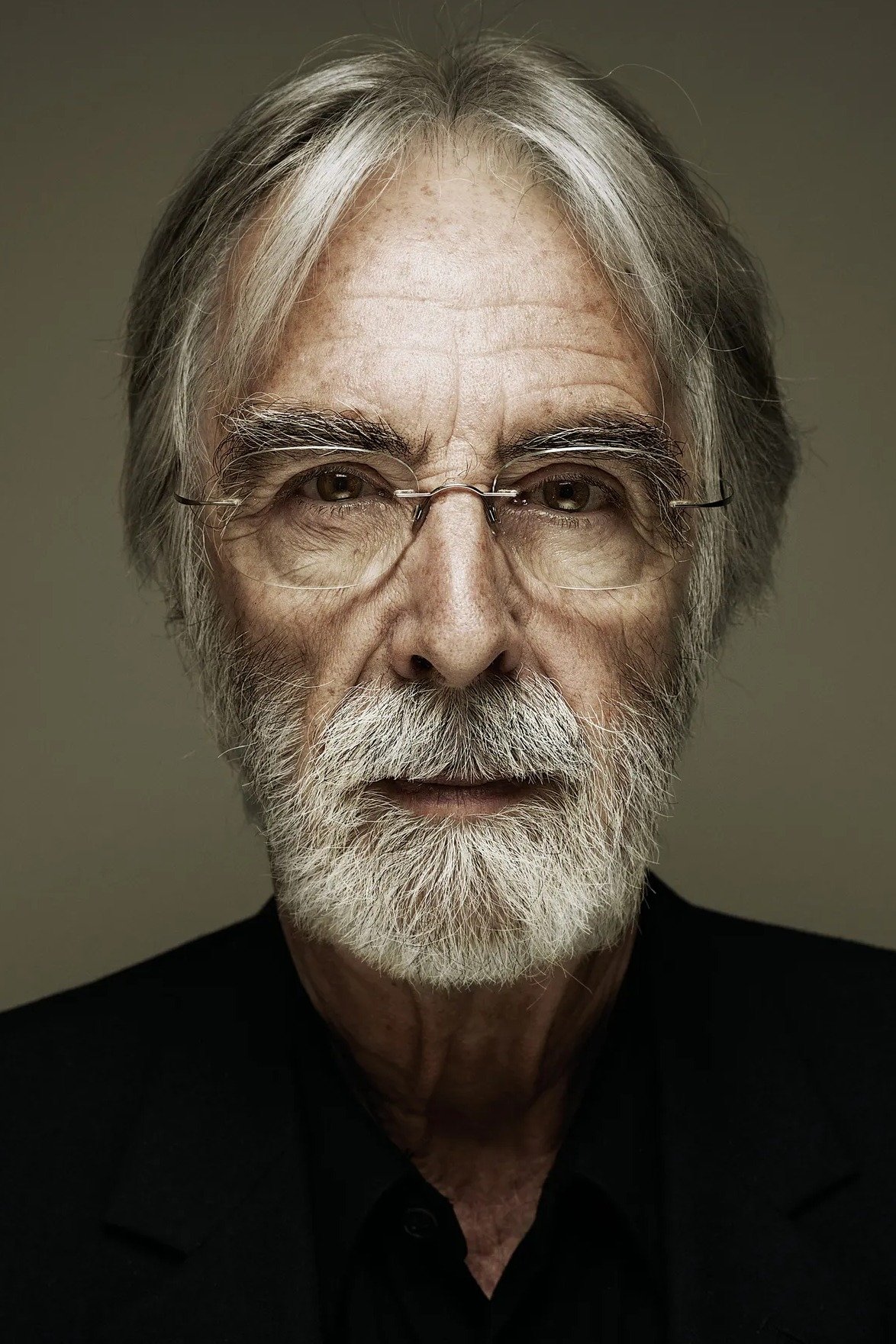
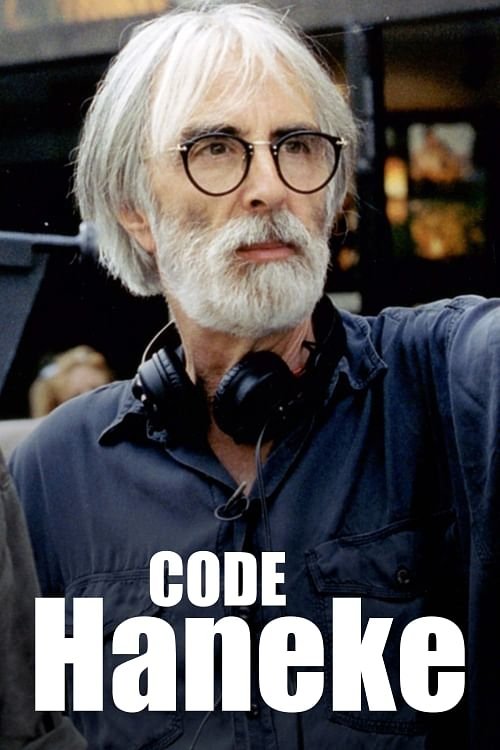
Features interviews with two-time Palme d'Or winner Michael Haneke and his key collaborators, alongside excerpts from his films.
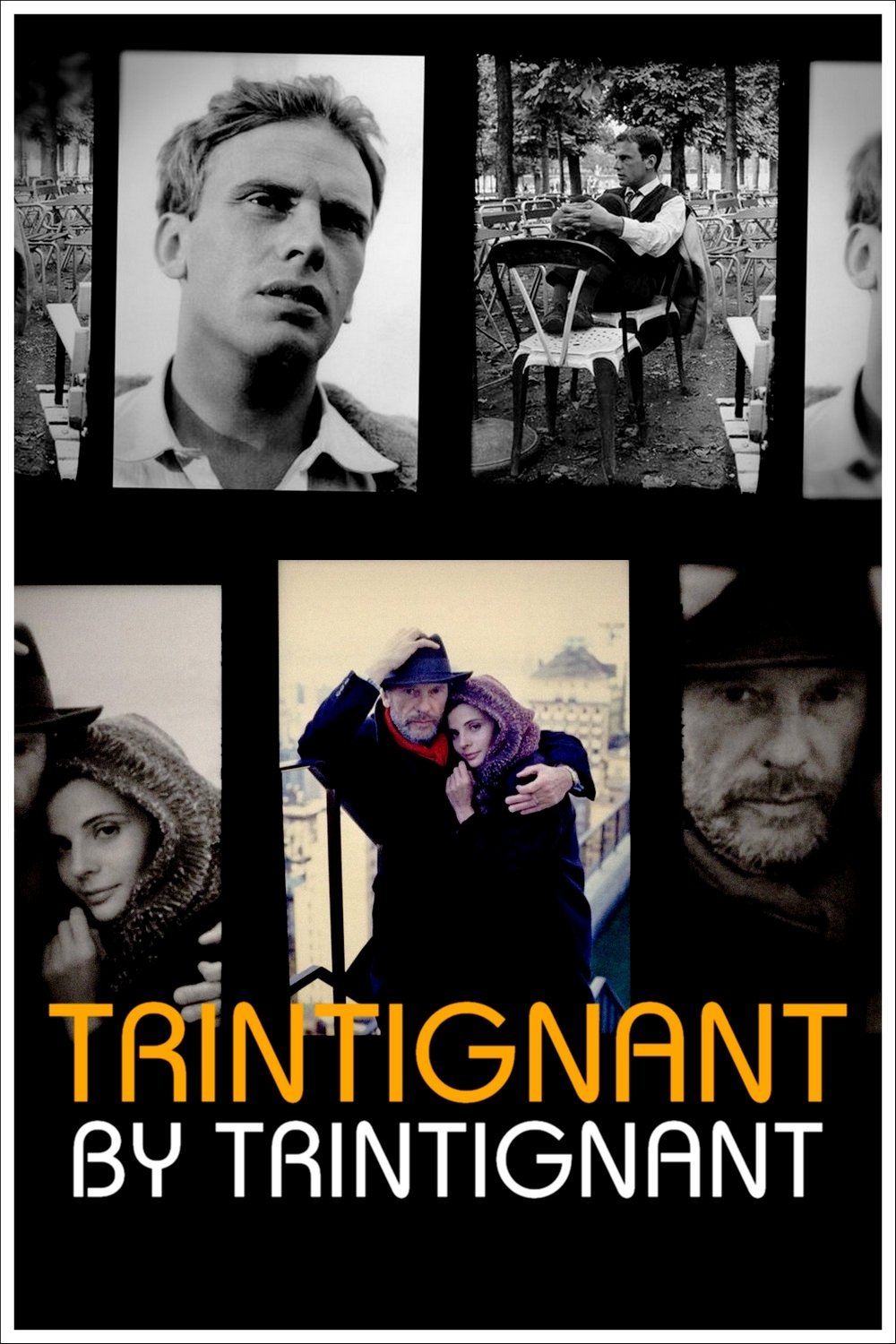
A portrait of a man of rare elegance and enigmatic charm, versatile and successful: Jean-Louis Trintignant, one of the most critically acclaimed French actors of the last sixty years, known for his numerous roles on stage and screen.
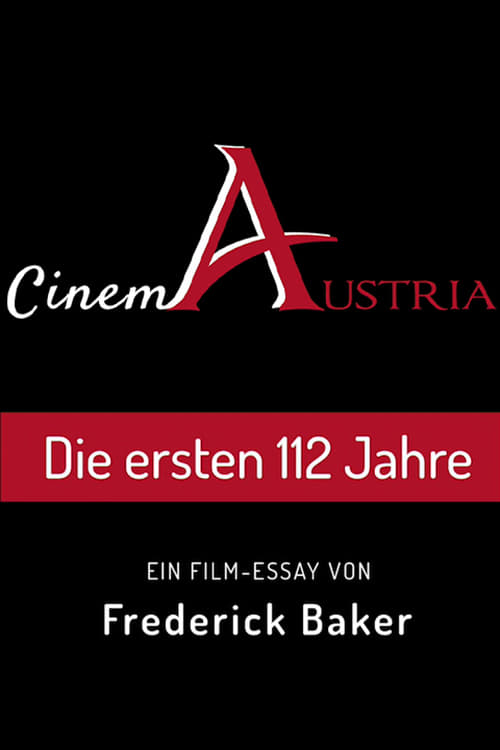
This historical and analytical documentary draws attention to the background of the roots of "New Austrian Cinema" and presents Austria as a film country to be taken seriously. The audience gets to see rare early works by well-known filmmakers as well as shots of landscapes that served as a source of inspiration and locations that have produced important Austrian films since the end of the 19th century.
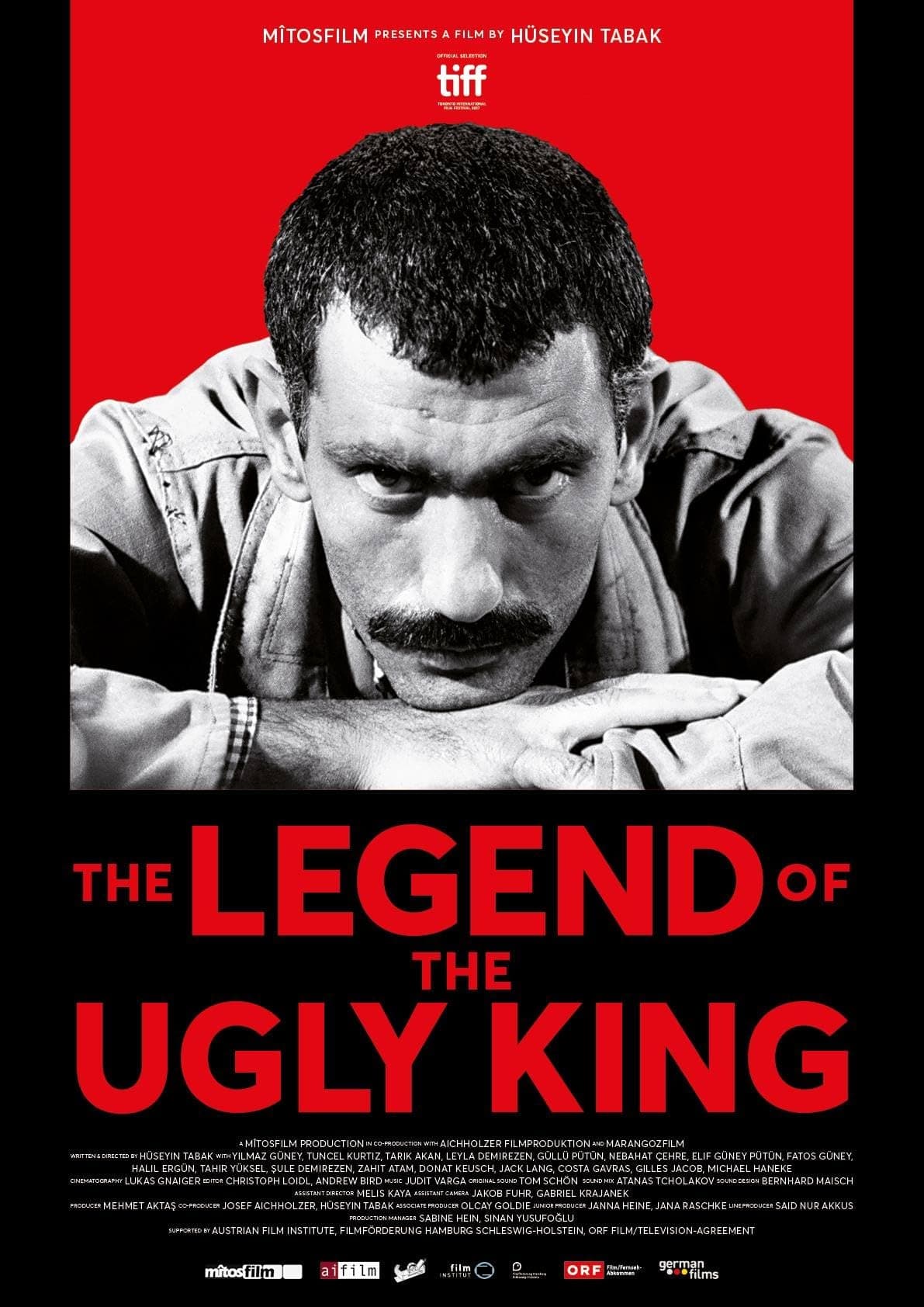
Director Hüseyin Tabak explores the legacy of Yilmaz Güney — political dissident, convicted murderer, and visionary Kurdish filmmaker — who directed the 1982 Palme d'Or–winning Yol from inside prison and died in exile just two years later.
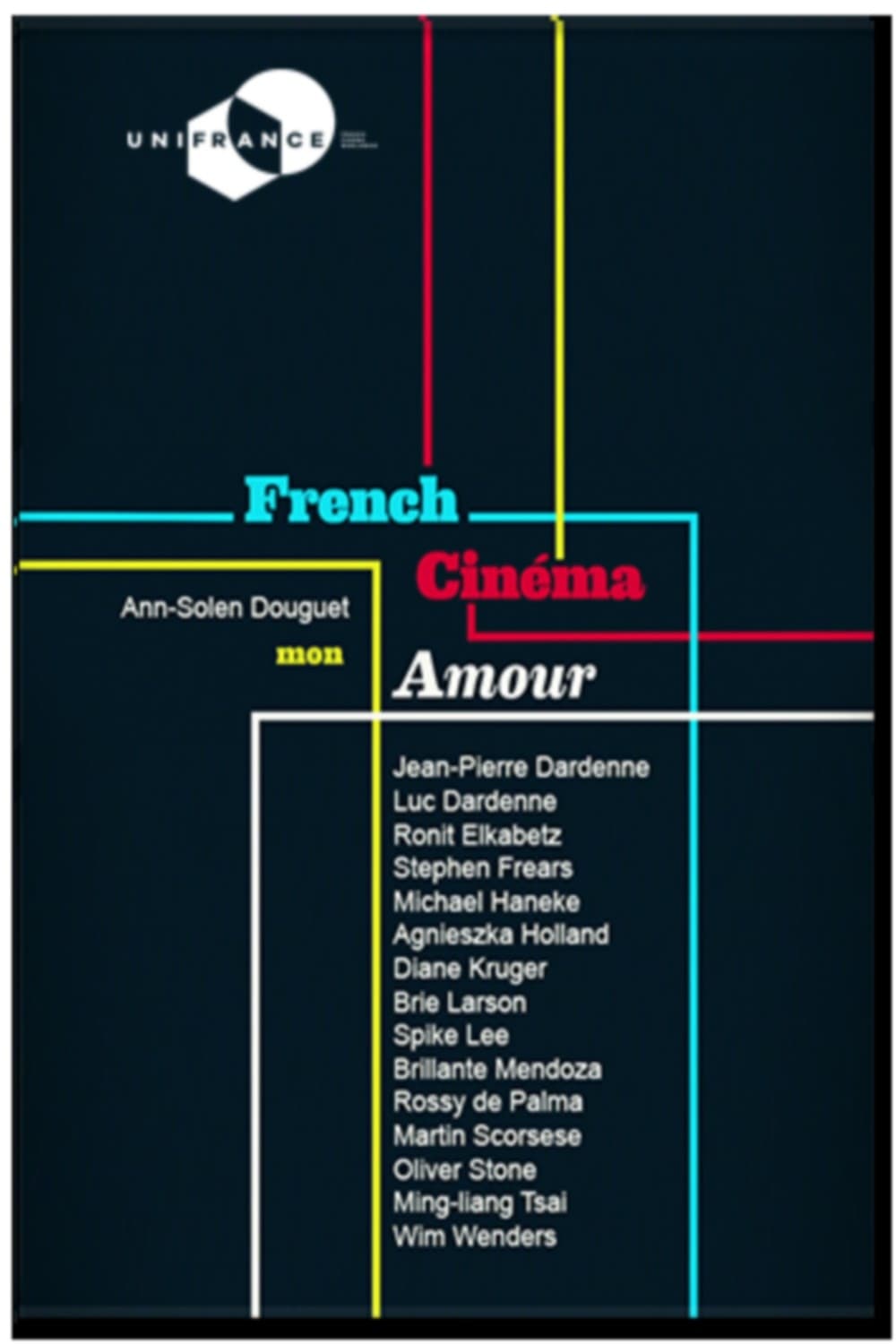
French Cinema Mon Amour is an ensemble film in which each contributor brings their own voice, their own particular approach, their culture, and their language to produce a portrait of French cinema.

Who loves whom in Così fan tutte, Mozart’s and Da Ponte’s cruelly comic reflection on desire, fidelity and betrayal? Or have the confusions to which the main characters subject one another ensured that in spite of the heartfelt love duets and superficially fleetfooted comedy nothing will work any longer and that a sense of emotional erosion has replaced true feelings? Così fan tutte is a timeless work full of questions that affect us all. The Academy Award-winning director Michael Haneke once said that he was merely being precise and did not want to distort reality. In only his second opera production after Don Giovanni in 2006, he presents what ARTE described as a “disillusioned vision of love in an ice-cold, realistic interpretation”.
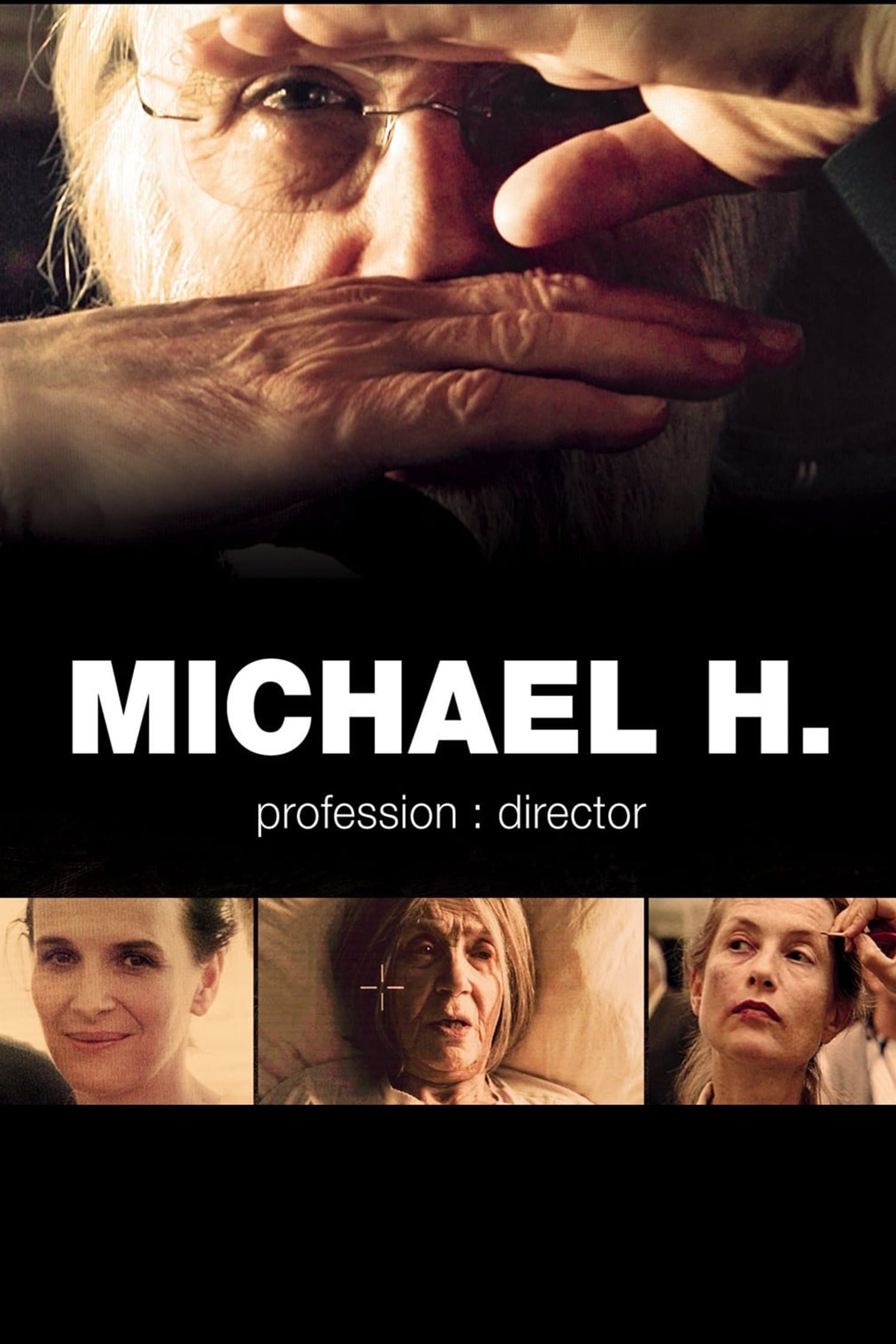
Over the past twenty-five years, director Michael Haneke has established himself as a towering figure in modern cinema whose rigorous focus on the craft of filmmaking has produced works of profound artistry. This career-spanning documentary gives unprecedented access and covers the body of Haneke’s work, offering insight into his creative process through on-set footage and interviews with the man himself and collaborators including Emmanuelle Riva, Isabelle Huppert and Juliette Binoche.
Michael Haneke (born March 23, 1942) is a German-Austrian filmmaker and writer best known for his bleak and disturbing style. His films often document problems and failures in modern society. Haneke has worked in television‚ theatre and cinema. He is also known for raising social issues in his work. Besides working as filmmaker he also teaches directing at the Filmacademy Vienna. At the 2009 Cannes Film Festival, his film The White Ribbon won the Palme d'Or for best film, and at the 67th Golden Globe Awards the film won the Golden Globe Award for Best Foreign Language Film. He has made films in French, German and English. Description above from the Wikipedia article Michael Haneke, licensed under CC-BY-SA, full list of contributors on Wikipedia.
By browsing this website, you accept our cookies policy.